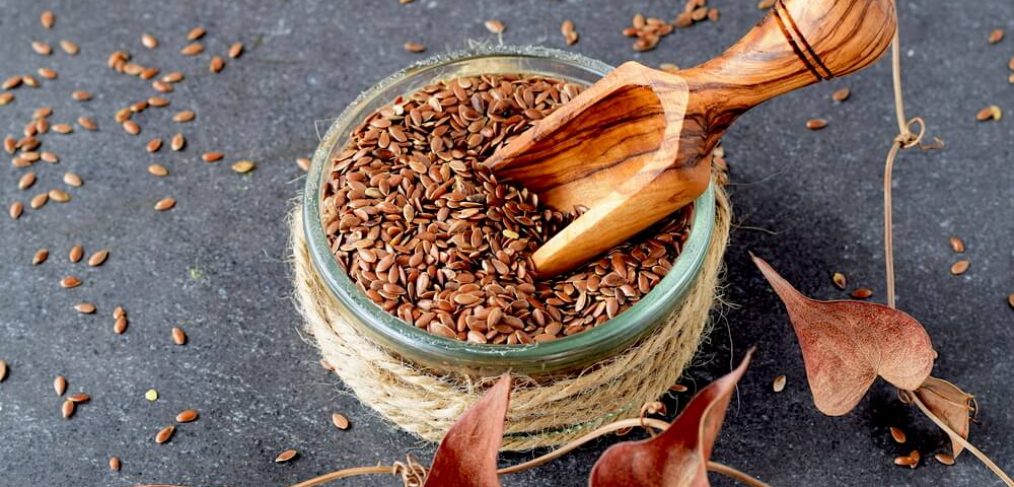Flaxseed. It’s health benefits have been known for ages. In fact Charlemagne was so confident in its powers that he passed laws all members of his court to incorporate it into their daily diet. So where has it been for the past thirteen centuries? Why did we not all grow up eating this wonder food? Apparently, flaxseed was first used in North America to make textiles, so when cotton came along, it was bye bye flaxseed, until some nutritionists rediscovered the seeds, phenomenal health properties, and now its back on the market in everything from oatmeal to crackers, to frozen waffles. So what are the fax on flax? Here are some of flaxseeds many health benefits.
Major Components of Flaxseed
Although it may be tiresome to go through all of the many health components found in the flax see, here are the main three:
- Omega-3 essential fatty acids: These are the “good fats’ you’ve been hearing about. One tablespoon of ground flaxseed contains 1.8 grams of the heart healthy plant omega-3s.
- Lignans: Lignans have antioxidants, and contain estrogen. Flaxsees has 75 to 800 times the lignans found in other plant foods.
- Fiber: Flaxseed has both insoluble and soluble fiber types.
Health Benefits
Cancer
Recent studies suggest that flaxseed may help to prevent colon cancer, prostate cancer, and breast cancer. Animal studies have shown the ALA, the plant omega-3 fatty acid found in flax seed, inhibits the growth and development of tumors. Other studies suggest that exposure to lignans may help increase survival rates among breast cancer patients. Lignans ability to protect against cancer is thought to be due to its ability to block enzymes involved in hormone metabolism and interfere with the onset and growth.
Cardiovascular Disease
Research finds that the plant omega-3s can benefit the cardiovascular system by normalizing the heartbeat and through anti- inflammation action. Kelley Fitzpatrick, director of health and nutrition with the Flax Seed Council of Canada, says that flaxseed can have significant effects on lowering blood pressure and studies suggest that flaxseed rich diets can help to prevent hardening of the arteries. Daily consumption of flaxseed has also been linked to to decrease in LDL or “bad cholesterol in menopausal women.
Diabetes
Preliminary research shows that the daily consumption of the lignans in flaxseed may improve blood sugar, as measured in adults with type 2 diabetes.
Inflammation
The ALA and lignans in flaxseed may be effective in reducing inflammation associated with deceases such as asthma and Parkinson’s by blocking the release of pro inflammatory agents. The reduction of inflammation associated with the buildup of plaque in arteries may be another way that flaxseed is beneficial in the prevention of strokes and heart attacks.
Hot Flashes
According to a 2007 study of menopausal women, 4 tablespoons per day of ground flaxseed cut occurrence of hot flashes in half, and the intensity of the incidences dropped by 57%.
Where has flaxseed been all of your life? Tell us how flax seed is contributing to your diet and what you think its been doing for you.






